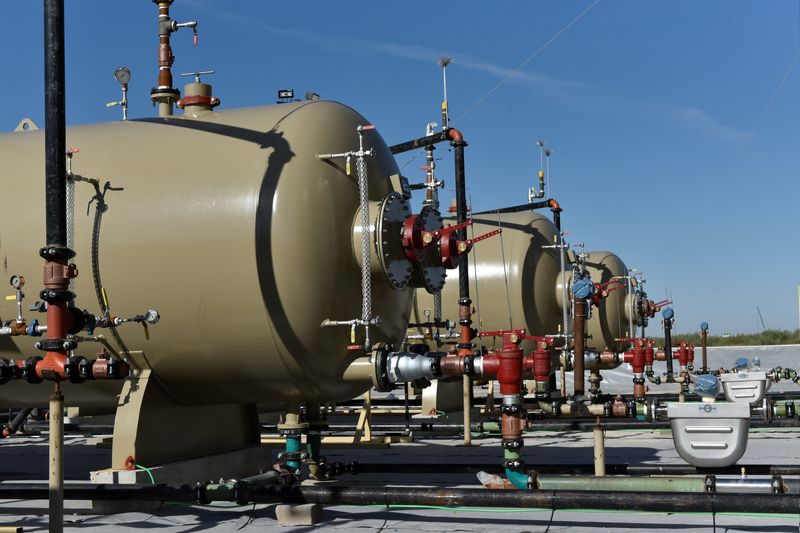Street Calls of the Week
By Peter Nurse
Investing.com -- Oil prices rose Tuesday but are still heading for a fourth straight monthly drop on further U.S. interest rates hikes will hit economic activity in the world's largest consumer.
By 09:15 ET (14:15 GMT), U.S. crude futures traded 2.7% higher at $77.67 a barrel, while the Brent contract rose 2.2% to $83.86 a barrel.
Crude oil futures have pushed higher on hopes that upcoming economic data will point to a recovery in the Chinese economy, the largest import of crude in the world.
China's per capita spending fell 0.2% in 2022, data showed on Tuesday, as COVID restrictions ground economic activity to a halt.
However, the country's Purchasing Managers' Indices, due overnight, are expected to show some improvement in February from the prior month, with the country's manufacturing sector - which acts as a bellwether for economic growth - likely to push further into expansion territory.
That said, the two benchmark crude indices are still on course to post losses of around 3% this month as hotter than expected inflation numbers in the U.S. have largely cemented expectations the Federal Reserve will continue raising rates.
This has raised concerns of a hard landing for the U.S. economy, as well as aiding the dollar, hurting commodities like oil that are priced in the greenback, making them more expensive for foreign buyers.
Attention is likely to now focus on U.S. inventory data from the American Petroleum Institute later in the session, which is likely to show another hefty build.
Commercial crude stocks have risen steeply in the last eight weeks – by a combined total of more than 50 million barrels – adding to concerns that demand is waning in the U.S., the world's largest economy.
The latest market positioning data showed that money managers trimmed their net long positions in both the ICE Brent and Nymex WTI contracts over the last week, after hitting a one-year high.
"Speculative net longs in ICE Brent are still comfortably higher when compared to the range over the past year and reflect the possibility of further liquidation if economic expectations deteriorate," said analysts at ING, in a note.
